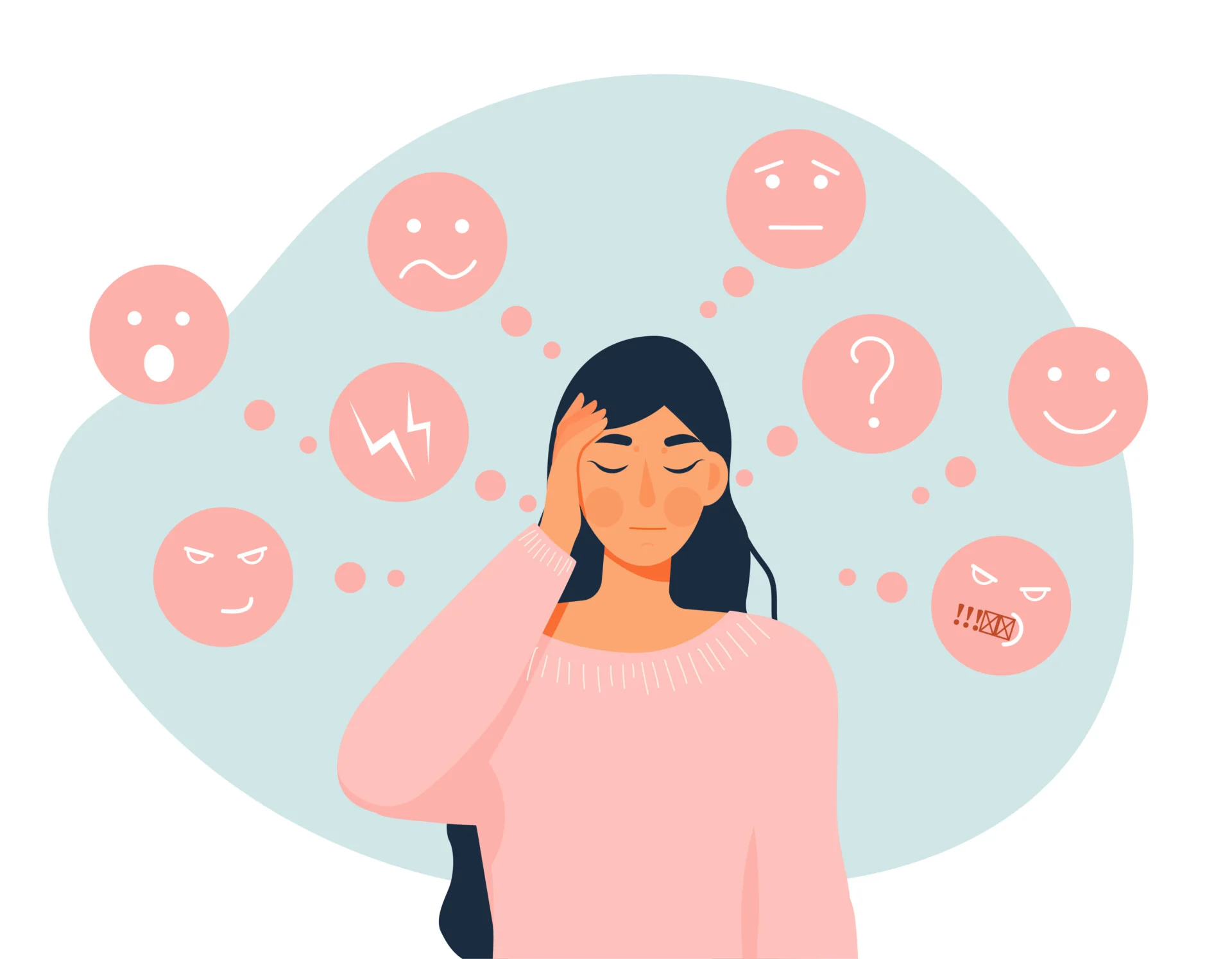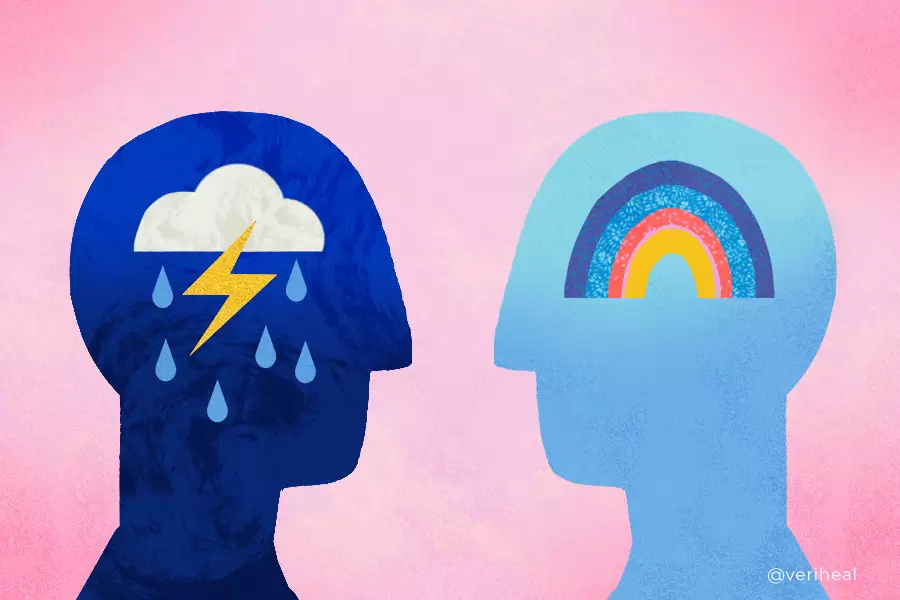Those who live with borderline personality disorder often feel unstable and don’t always understand their feelings or the “why” behind them. If you think you or someone you care about may have BPD, keep reading to learn more.
Mental health disorders require patience, care, and compassion. Borderline personality disorder is no different. If you or someone you know is exhibiting several of the symptoms we describe beloe, it is time to speak to a healthcare or mental healthcare provider. They can suggest treatment plans, support, and medication if necessary.

What is Borderline Personality Disorder?
BPD is a mental health condition that causes sufferers to have unstable moods and act recklessly. BPD patients have a difficult time maintaining relationships, holding a steady job, completing daily tasks, managing time, and controlling emotions and thoughts. When you’re exploring mental health symptoms, it is more helpful to speak with a licensed mental health professional who can properly diagnose you, and offer healthy coping strategies, medication if necessary, a treatment plan, and more.
9 Borderline Personality Disorder Symptoms
There are a range of symptoms associated with this disorder. Some of them can be attributed to other mental health disorders, while others, particularly when experienced simultaneously, point toward BPD. This condition often shows up during adolescence, but it can also present itself later in life. Here are nine BPD symptoms to look out for.
#1 – A Pattern of Severe Mood Changes
Wide and sometimes wild mood swings that can vary across days or even within hours. You may find yourself having feelings of anxiousness, anger, joy, or shame at seemingly random moments.
#2 – Extreme Anger
If you often find yourself uncontrollably and inappropriately angry, leading to extreme sarcasm, bitterness, a loss of temper, or physical aggression, this may be indicative of something deeper.
#3- Feeling Empty
Ongoing feelings of emptiness that can lead to a depressive mood are often seen in people with BPD.
#4 – Rapid Change in Sense of Self
Going from holding yourself in high esteem and having a healthy self-worth to feelings of worthlessness that cause you to shift your goals, and alter your behaviour and sliding values is cause for concern.
#5 – Strained Relationships
A pattern of unstable and intense relationships is characteristic of this disorder. Sufferers often have up-and-down relationships with others that can swing from love and concern to anger and hatred with no warning.
#6 – Fear of Abandonment
No one wants to feel abandoned, but a strong fear of abandonment and taking extreme measures to avoid being rejected like threatening suicide or self-harm are markers of BPD.
#7 – Self-Destructive Behaviours
Impulsive and risky behavior are never good signs. Some of these behaviors can include substance use, binge drinking or eating, ending positive relationships, reckless driving, and unsafe sex.
#8 – Disconnection
Feeling disconnected often leads to feeling outside of oneself, being removed from reality, and having paranoid thoughts.
#9 – Suicide Attempts
Suicide attempts or self-harming needs immediate attention. Cutting, hair-pulling, and burning are some of the more common ways individuals harm themselves.
Final thoughts
As with any potential medical condition, self-diagnosis is not recommended. However, if you’re experiencing any of these symptoms, there is cause for concern. Most people with BPD will experience at least five of these symptoms over time. Remember, you don’t have to suffer through mental health disorders alone.


No Comments